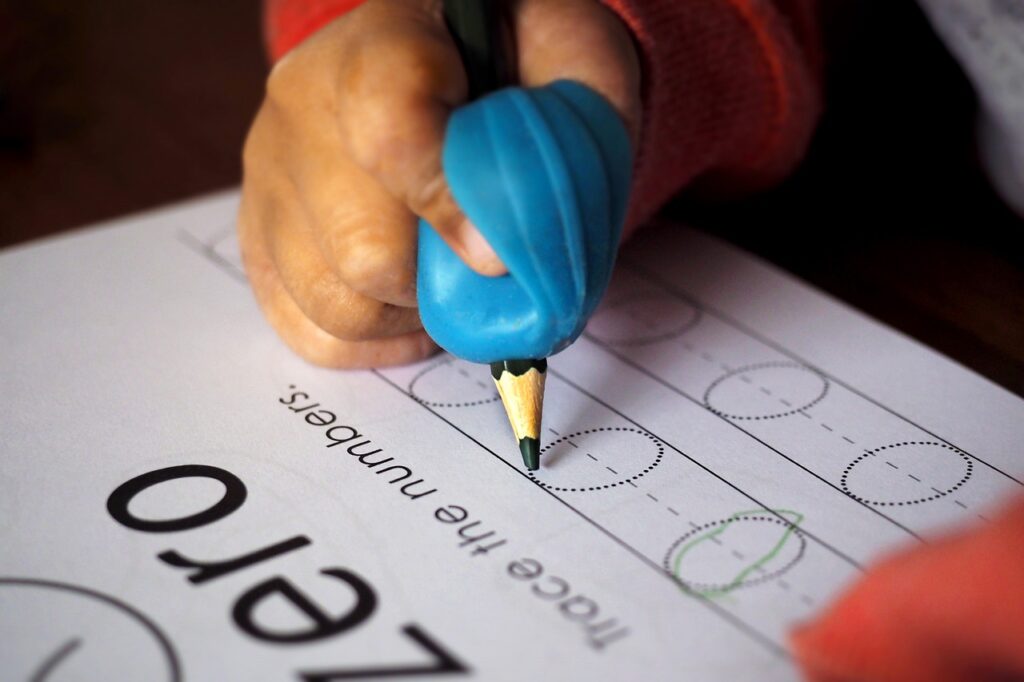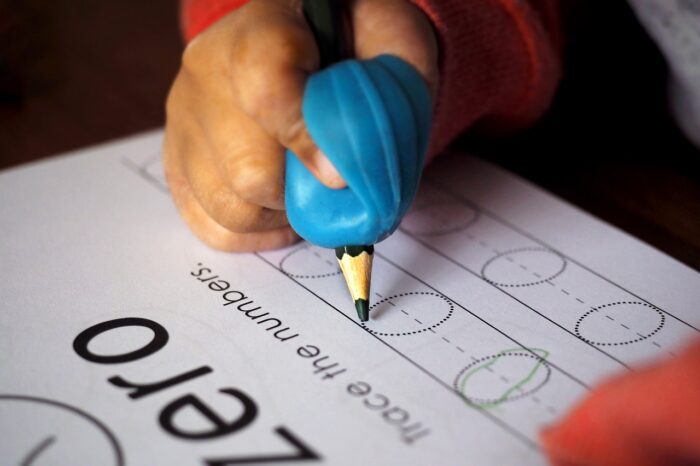Early childhood education programs have become increasingly vital in shaping the future of today’s society. Focusing on practical skills, these programs are paving the way for young children to develop crucial life skills that will benefit them throughout their lives. This rise in emphasis on practical skills has significantly impacted the education system and brought numerous benefits for both individuals and society. Pures College of Technology will explore the rise of practical skills in early childhood education programs and how they shape the future for future generations.

The Importance of Practical Skills in Early Childhood Education
Early childhood education programs are designed to provide young children with a strong foundation for their educational journey. There has been a noticeable shift towards the importance of practical skills in these programs in recent years. This is due to the recognition that traditional academic subjects alone are not enough to prepare children for the challenges they will face in the real world.
Practical skills refer to abilities that are directly relevant and applicable to everyday life. These can include critical thinking, problem-solving, communication, collaboration, and creativity skills. By incorporating these skills into early childhood education programs, children are learning academic subjects and developing essential life skills that will serve them well in the future.
Benefits of Practical Skills in Early Childhood Education
The emphasis on practical skills in early childhood education programs has numerous benefits for individuals and society. Some of these benefits include:
Improved academic performance:
Studies have shown that children who develop strong practical skills at a young age tend to excel academically later in life. These skills enhance their ability to think critically, solve problems, and communicate effectively.
Better social skills:
Early childhood education programs focusing on practical skills promote social interaction and collaboration among children. This helps them develop strong interpersonal skills crucial for success in personal and professional relationships.
Enhanced creativity:
By encouraging children to think outside the box and develop innovative solutions, early childhood education programs instill a sense of creativity in young minds. This creativity can be beneficial in a variety of fields and industries.
Preparation for the future:
With the rise of technology and automation, the job market is constantly evolving and becoming more competitive. Equipping children with practical skills from an early age makes them better prepared to adapt to these changes and succeed in their future careers.
Hands-On Learning Experiences
One of the primary ways that early childhood education programs promote practical skills is through hands-on learning experiences. These activities allow children to actively engage in their learning and apply their knowledge in a practical setting. This learning environment fosters curiosity, creativity, and critical thinking skills as children are encouraged to explore, experiment, and problem-solve.
Hands-on learning experiences also promote the development of fine motor skills, hand-eye coordination, and spatial reasoning. These physical skills are important for children’s overall development and can significantly impact their future academic success.
Promoting Creativity and Critical Thinking
Incorporating practical skills into early childhood education programs promotes creativity and critical thinking. By providing opportunities for open-ended play, children are encouraged to think outside the box, come up with unique solutions, and express themselves creatively. This environment fosters innovation and prepares children to think critically when faced with challenges in the future.
Shaping the Future of Society
The emphasis on practical skills in early childhood education programs benefits the individual and significantly impacts society as a whole. As these children grow into adults, they will carry the essential life skills learned in their early years. This will lead to a generation of better-equipped individuals to face the challenges of an ever-changing world.
Promoting practical skills in early childhood education helps to foster an inclusive and diverse community. By providing opportunities for children to work together, communicate effectively, and appreciate different perspectives, these programs are helping to shape a future society that values collaboration and understanding.
Conclusion
Practical skills in early childhood education cannot be underestimated. These programs prepare children for academic success and equip them with the necessary tools to thrive in all aspects of their lives. These programs are shaping the future for generations to come through hands-on learning experiences and a focus on creativity, critical thinking, and problem-solving.

